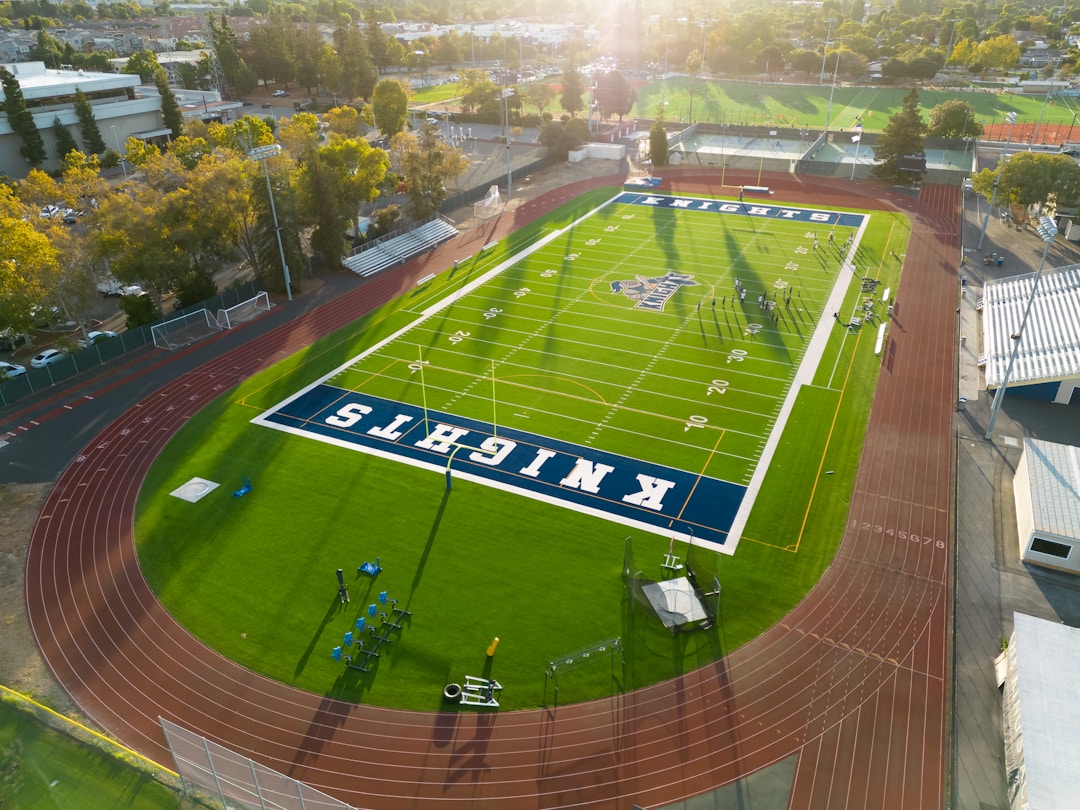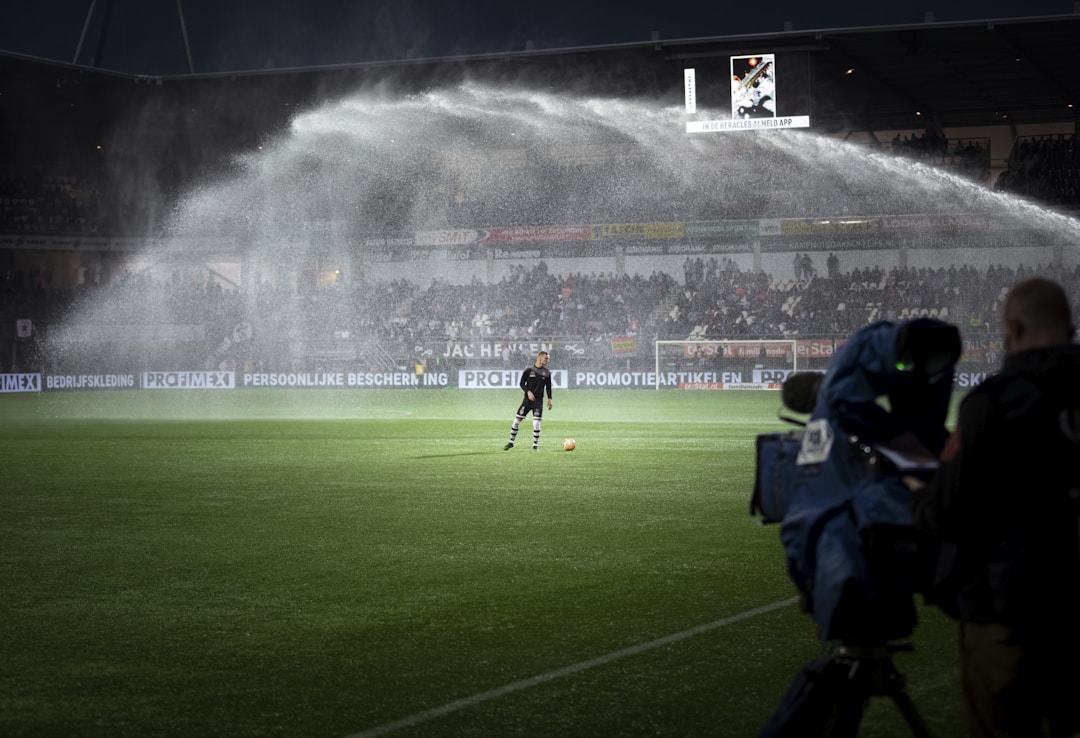Managing a sports facility is no small feat. It requires a unique blend of passion for sports, business acumen, and the ability to handle logistical challenges with grace. Whether it’s a community recreation center, a sprawling outdoor sports complex, or an elite training facility, the demands are vast and varied. From scheduling events to maintaining pristine playing surfaces, the role of a facility manager encompasses a wide range of responsibilities. This article delves into what it truly takes to manage a sports facility successfully, highlighting the importance of a well-rounded education in sports management, the necessity of high-quality construction partners, and the keys to operational excellence.
Understanding the Business of Sports
A solid foundation in the business aspects of sports is crucial for anyone looking to manage a sports facility effectively. This is where enrolling in a Sports Management Program in Jenkintown, PA, can be particularly beneficial. Such programs offer comprehensive training in areas like event management, finance, marketing, and facility operations, providing aspiring managers with the tools they need to succeed in this competitive field.
Beyond formal education, practical experience plays a significant role in understanding the complexities of sports facility management. Internships and volunteer opportunities at local sports facilities can offer invaluable insights into the day-to-day operations and challenges of managing such venues, preparing future managers for the hurdles they will face.
Partnering with the Right Builders

Selecting the right partners for building and maintaining your facility is another critical aspect of sports facility management. A running track and artificial turf field builder with a proven track record of quality and reliability can make all the difference in the longevity and performance of your sports surfaces. These builders bring not only their expertise in construction but also valuable advice on maintenance and care, ensuring your facility remains top-notch.
Moreover, working with specialized builders ensures that your facility meets all regulatory standards and is equipped with the latest innovations in sports surface technology. This not only enhances the athlete’s experience but also positions your facility as a premier destination for competitions and events, attracting more users and generating additional revenue.
Embracing Technology
In today’s digital age, leveraging technology is essential for efficient sports facility management. From online booking systems that streamline event scheduling to sophisticated software for facility maintenance tracking, technology can significantly reduce the workload on managers and improve the overall user experience.
Additionally, embracing social media and digital marketing strategies can help promote your facility and its events, reaching a wider audience and boosting engagement. Staying abreast of the latest tech trends and incorporating them into your management practices can set your facility apart in a crowded market.
Ensuring Safety and Compliance

Safety is paramount in sports facility management. This involves regular inspections and maintenance of playing surfaces, equipment, and infrastructure to prevent accidents and injuries. Facility managers must also stay informed about the latest health and safety regulations, ensuring their facility complies with all local, state, and federal guidelines.
Training staff in emergency response and first aid is another essential component of ensuring safety. By fostering a culture of safety and preparedness, managers can protect users and staff alike, maintaining the facility’s reputation as a secure and reliable venue for sports activities.
Fostering Community and Inclusivity
A successful sports facility serves as a hub for the community, offering programs and events that cater to a wide range of interests and skill levels. Inclusivity should be at the heart of facility management, ensuring that everyone, regardless of age, ability, or background, has access to and feels welcomed at the facility.
Engaging with local schools, clubs, and community groups can help identify the needs and interests of the community, guiding the development of programs that foster a sense of belonging and encourage participation. By building strong community ties, facility managers can ensure their venue remains a vibrant and integral part of the local sports landscape.
Key Takeaways for Successful Sports Facility Management
Managing a sports facility is a challenging but rewarding endeavor that requires a multifaceted approach. A solid education lays the groundwork for success, while partnerships with reputable builders ensure the quality and safety of your sports surfaces. Embracing technology, prioritizing safety and compliance, and fostering a sense of community are all crucial to thriving in this dynamic field. Ultimately, the goal of every sports facility manager should be to create an environment that not only meets the physical needs of athletes and spectators but also enriches the community it serves.



